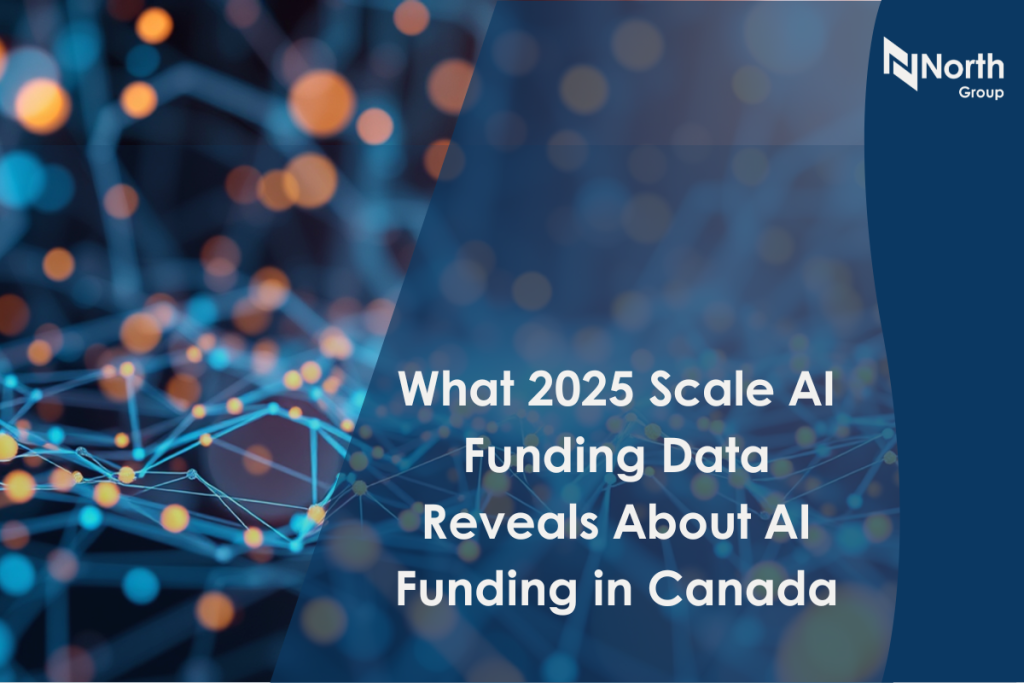Given the significant uptake of artificial intelligence (AI) language models such as ChatGPT in the past few years across numerous different sectors, many companies are now looking to draft applications for grants, loans, and tax credits using AI to increase productivity, reduce the amount of resources required, and improve writing quality. However, there are also significant issues associated with using Large Language Models (LLMs) to draft applications. Read on to find out more about key challenges that you might encounter while using ChatGPT and other AI assistants to work on proposals.
- Data Privacy and Security: Data privacy and security are notable concerns while using AI tools to draft applications. Typically, if you are looking to apply for a grant or a tax credit such as SR&ED, you will be working with confidential content. While you will usually have the option to opt out of contributing to training data, there are considerable risks involved with the potential for data breaches within AI companies.
- Poor Accuracy: While Large Language Models can provide well-worded content, they lack true understanding and reasoning abilities, and may be trained on flawed or biased data, leading to inaccurate responses. While this may be resolved through a thorough review process, relying primarily on company expertise is critical to ensuring the quality and accuracy of applications.
- Dated Information: Most AI tools are trained on data that is limited in scope, meaning that responses will not be up to date. In the fast-paced area of government funding, where program deadlines, requirements, and offerings are constantly changing, remaining informed on the latest news in industry funding is critical. Additionally, understanding the current landscape of innovation in your industry is a key component to writing compelling applications which address why the particular technology in development is needed to push the sector forward.
- Lack of Industry Knowledge: Applications often require highly specific knowledge, with questions directed towards companies and proprietors with years of experience. AI training models don’t always have this depth of knowledge, or the context required to appropriately answer industry-specific questions. Moreover, AI will not possess knowledge of the specific technology or innovation your company is developing.
- Inconsistent or Unnatural Tone: Given that LLMs generate text based on training data and rely on patterns, this can negatively impact applications. Applications written using AI may sound unnatural or experience tonal shifts, and ultimately feel impersonal compared to a writer who is familiar with and interested in the content.
- Difficulty with Prompt Generation: While using AI tools may seem simple, writing prompts which result in the target response can be challenging. Writing and re-writing prompts can add significant time to the application process, and ultimately result in content that requires substantial editing to be used in an application.
- Lack of Insider Information: Particularly for grant applications, program guidelines provide a limited view of what the program administrators are seeking to address. There are often nuances to programs that are not expressly communicated in the available documentation, so forming connections with program administrators, grant consultants, and other experts with extensive knowledge of programs can be a crucial step to writing a successful application.
- Plagiarism: Relying on LLMs can also be a risk in that text may be copied directly from uncited sources in the training data. Without a comprehensive review of the content, unintentional plagiarism can lead to rejected applications.
While AI assistants such as ChatGPT provide numerous opportunities to increase efficiency in strategizing, planning, and writing funding applications, there are also considerable risks involved. If you decide to experiment with using AI to draft your applications, whether for brainstorming, drafting, or editing, working alongside a consultant can provide the expertise necessary to ensure that your final application is polished, targeted towards the program goals, and highly competitive.

